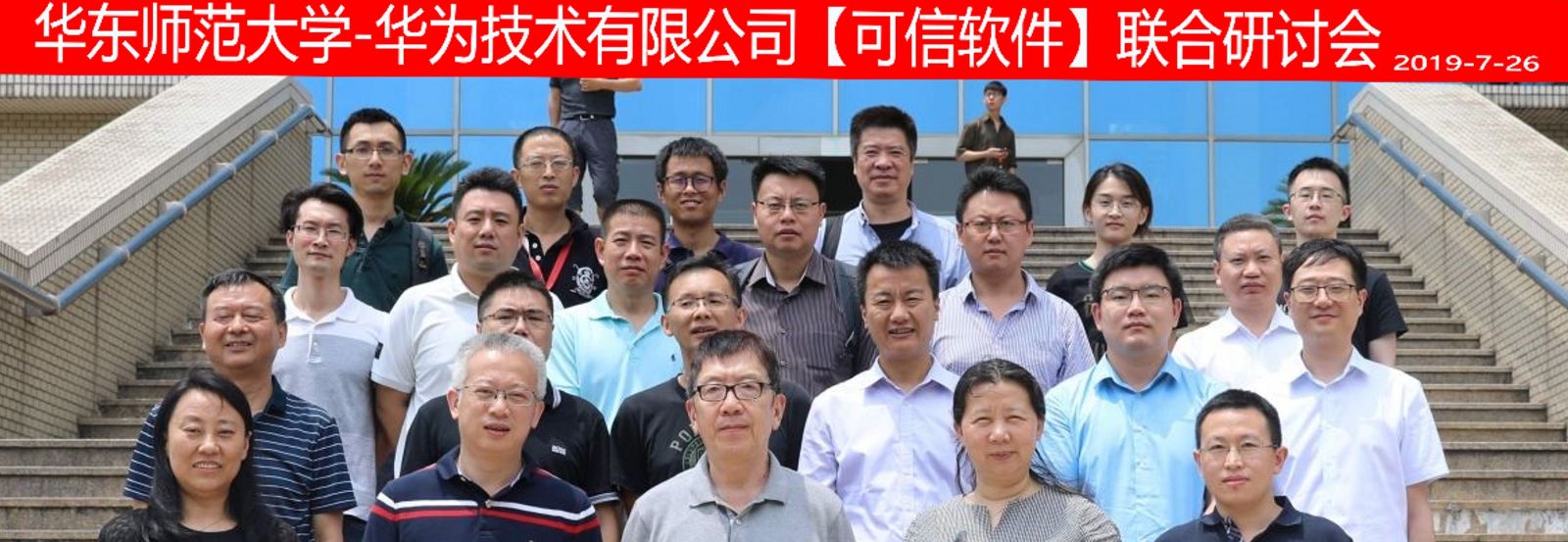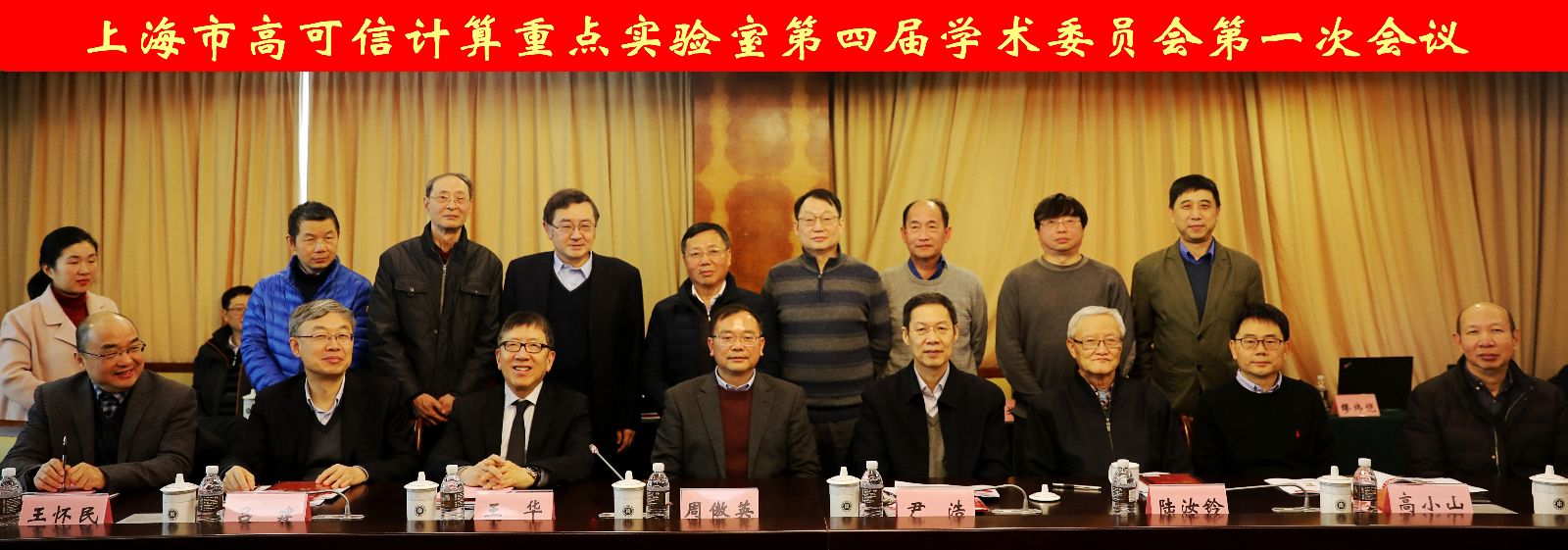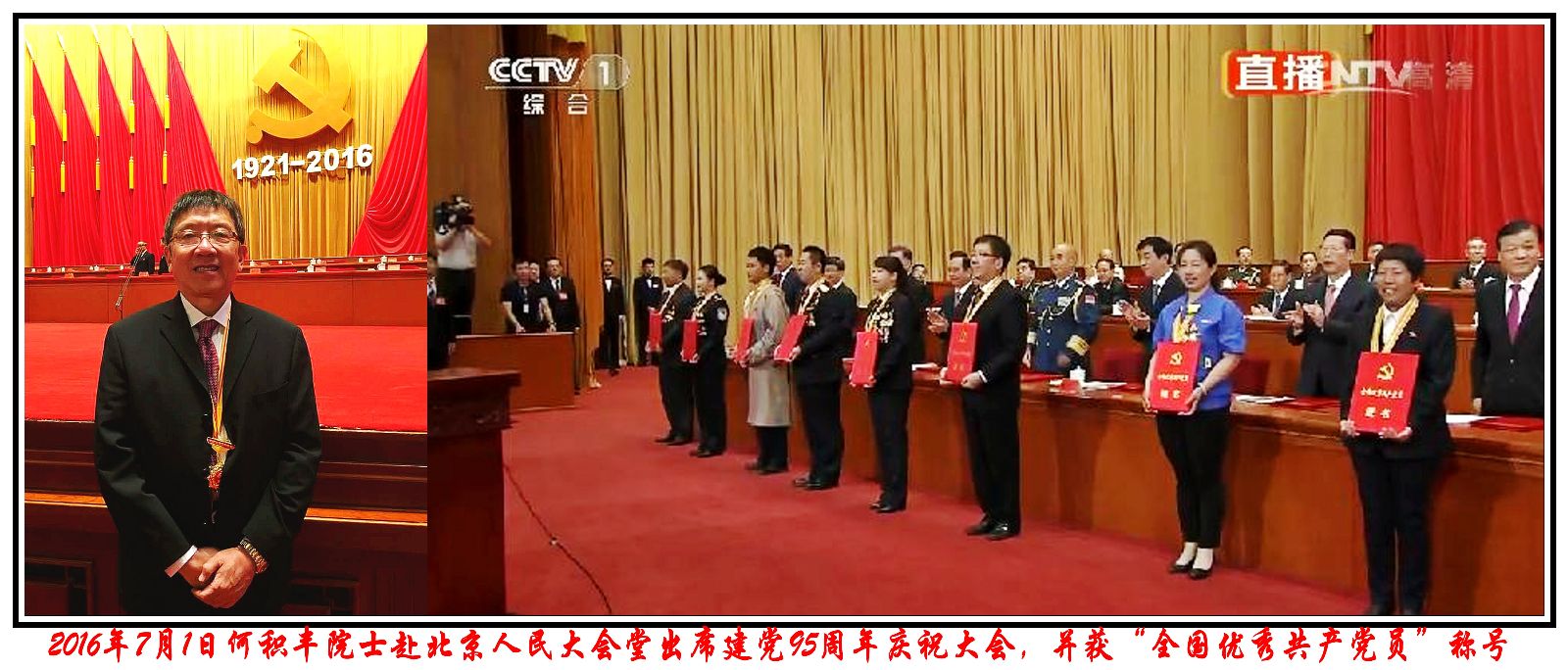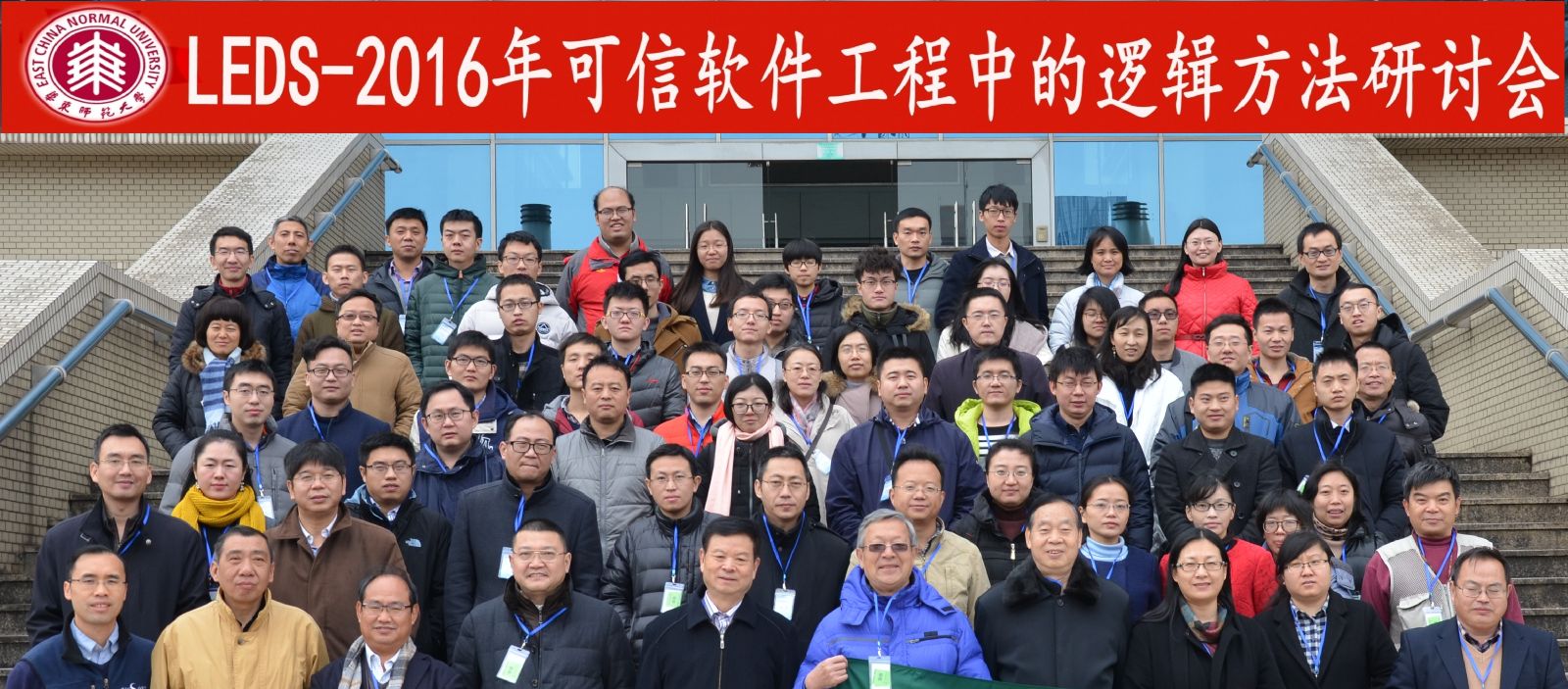Soybean Sudden Death Early Prediction using phenoDPER
报告题目: Soybean Sudden Death Early Prediction using phenoDPER
报告人:陈津 肯塔基大学 副教授
时间:2016年5月24日 13:00-14:30
地点:数学馆201报告厅Jin Chen

报告摘要:
Fusarium virguliforme is the causal agent of Soybean Sudden Death Syndrome (SDS). SDS is an economically significant disease annually responsible for losses potentially reaching hundreds of millions in the US soybean market. Like many soilborne pathogens, disease severity of SDS may be increased by planting in cool wet soils, but the negative impact of Fusarium virguliforme is also intensified in the presence of Heterodera glycines (commonly known as Soybean Cyst Nematodes or SCN). Our hypothesis is that by measuring soybean photosynthesis phenotypes and associating them with environmental factors, we may predict the incidence and severity of soybean sudden death syndrome at the early stage. Using our recently deveoped hand-held phenotyping device called MultispecQ, we collected soybean phenotype and environmental data in a field naturally infested with the pathogen F. virguliforme at the early growth stage (V3 and R1) and in a control field. Second, we developed a constraint kernel smoother algorithm called PhenoDPER to identify phenotype-environment associations and predict the severity of soybean sudden death syndrome. Comparing with the visual phenotype at the R4 growth stage, we found that prediction accuracy pf PhenoDPER is 91%, whereas traditional classification models can only achieve accuracy at about 50%.
报告人简介:
Dr. Jin Chen is an Associate Professor in the University of Kentucky, School of Medicine, Institute of BioMedical Informatics. He received his Ph.D. in Computer Science from the National University of Singapore (NUS) under the supervision of Dr. Wynne Hsu, Dr. Mong Li Lee and Dr. See-Kiong Ng in 2007. Before joining MSU, he was a postdoctoral research associate in the bioinformatics laboratory of Dr. Seung Y. Rhee at the Carnegie Institution for Science, Stanford University from December 2006 to August 2009. He has published papers in top computer science, bioinformatics and plant biology journals and conferences. Currently his research is supported by NSF, DOE and MSU.









